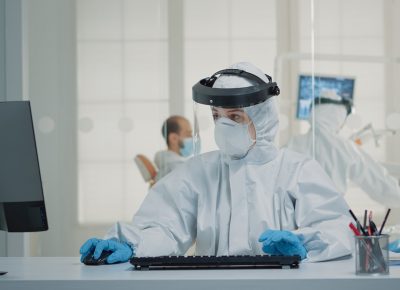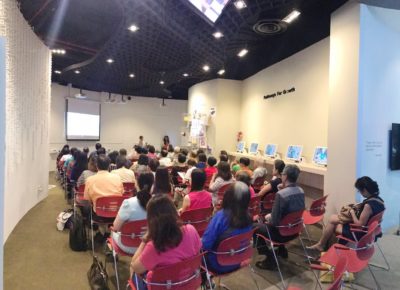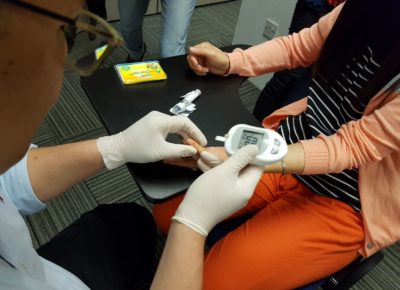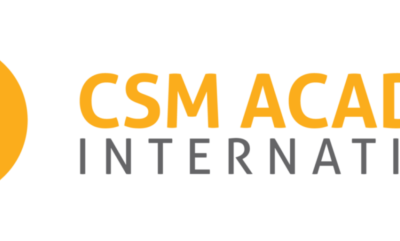Nursing education has undergone significant changes over the years. From its humble beginnings to the advanced programs of today. This field has constantly evolved. In Singapore and around the world. These changes show how healthcare needs and technology have grown. This blog post explores the past, present, and future of nursing education.
The Past: Foundations of Nursing Education
Nursing education began with basic training in patient care. Early nurses learned on the job, often in military or religious settings. They gained skills through experience, not formal education. In these times, nursing was seen as a calling, not a profession. This view changed as healthcare needs grew.
In the 20th century, formal nursing programs emerged. They combined classroom learning with practical experience. These programs set the stage for a more standardized approach to nursing education. In Singapore, the development of nursing education mirrored these global trends. The country established structured nursing programs to meet its growing healthcare demands.
The Present: Advanced Education and Specialization
Today, nursing education offers diverse paths. From diplomas to advanced degrees, nurses can choose various educational routes. In Singapore, nursing degree programs are integral to the healthcare system. These programs mix classroom learning with real-world practice. They get nurses ready for many jobs in healthcare.
Specialization is a key feature of current nursing education. Nurses can pursue areas like pediatrics, oncology, or geriatrics. This specialization reflects the complexity of modern healthcare. It ensures nurses have the skills to meet specific patient needs. Also, technology plays a big role in today’s nursing education. Simulation labs and online learning have become standard in nursing programs. These tools enhance learning and prepare nurses for the digital age of healthcare.
The Future: Embracing Innovation and Global Trends
The future of nursing education is bright and full of potential. It will likely focus more on technology and global healthcare trends. Digital tools will become even more integral. They will provide immersive learning experiences that mirror real-world healthcare settings.
In Singapore, one aspect of this evolution is the nurse practitioner course. This advanced program prepares nurses for higher-level responsibilities. Nurse practitioners have the skills to diagnose and treat patients. They play key roles in healthcare. Such courses show how nursing education adapts to changing healthcare needs.
Global health will also shape the future of nursing education. Nurses will need skills to address worldwide health challenges. This global focus will make nursing education more diverse and inclusive. It will prepare nurses to work in different cultural and healthcare settings.
To conclude, nursing education has come a long way. It has grown from basic training to complex degrees. Changing to meet healthcare’s evolving needs. In Singapore, this evolution mirrors global trends. The future of nursing education is exciting. It promises to embrace innovation and prepare nurses for a globalized healthcare environment. In the ever-changing world of healthcare. Training for nurses must also progress to keep them at the heart of patient care.
























